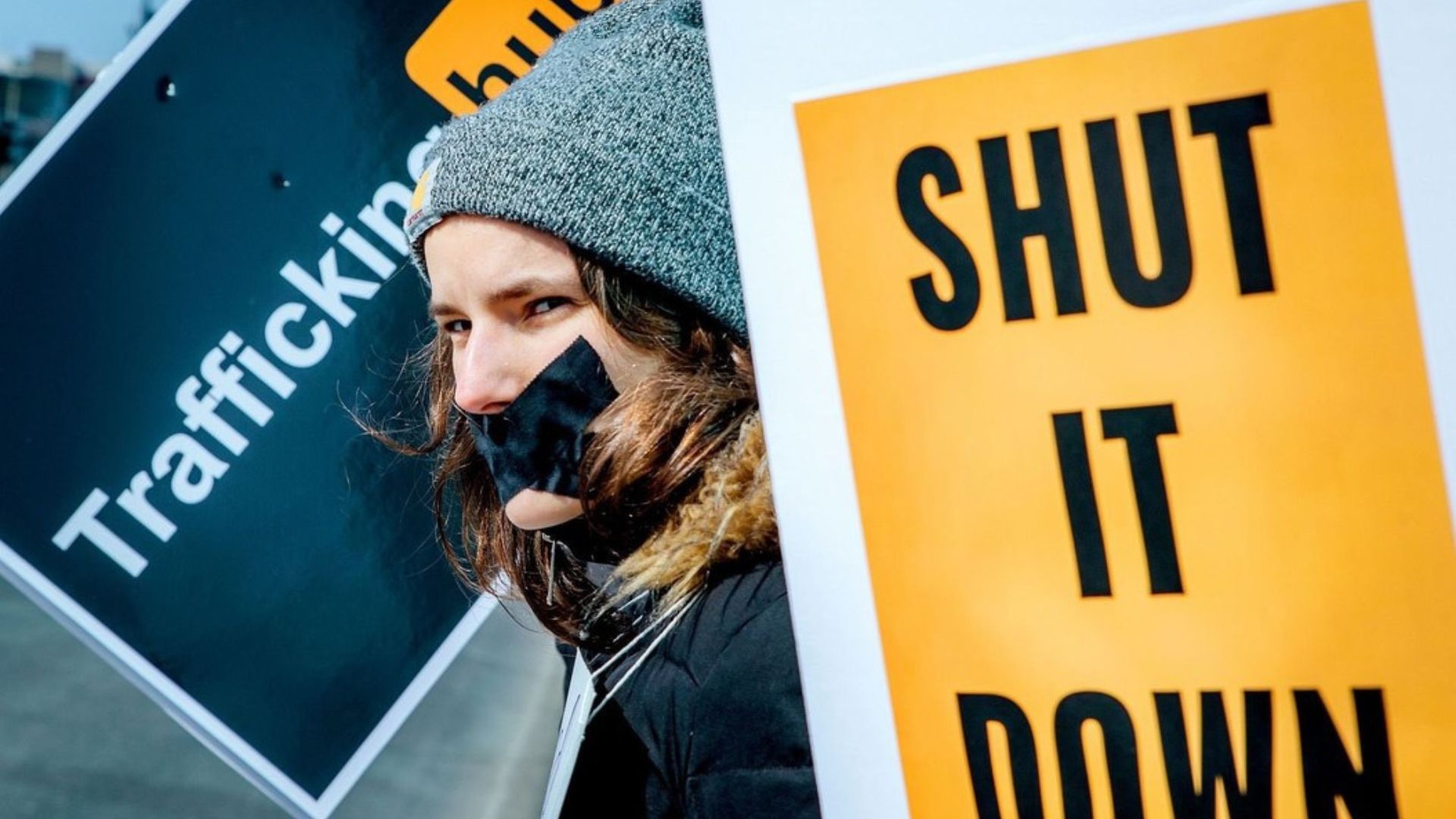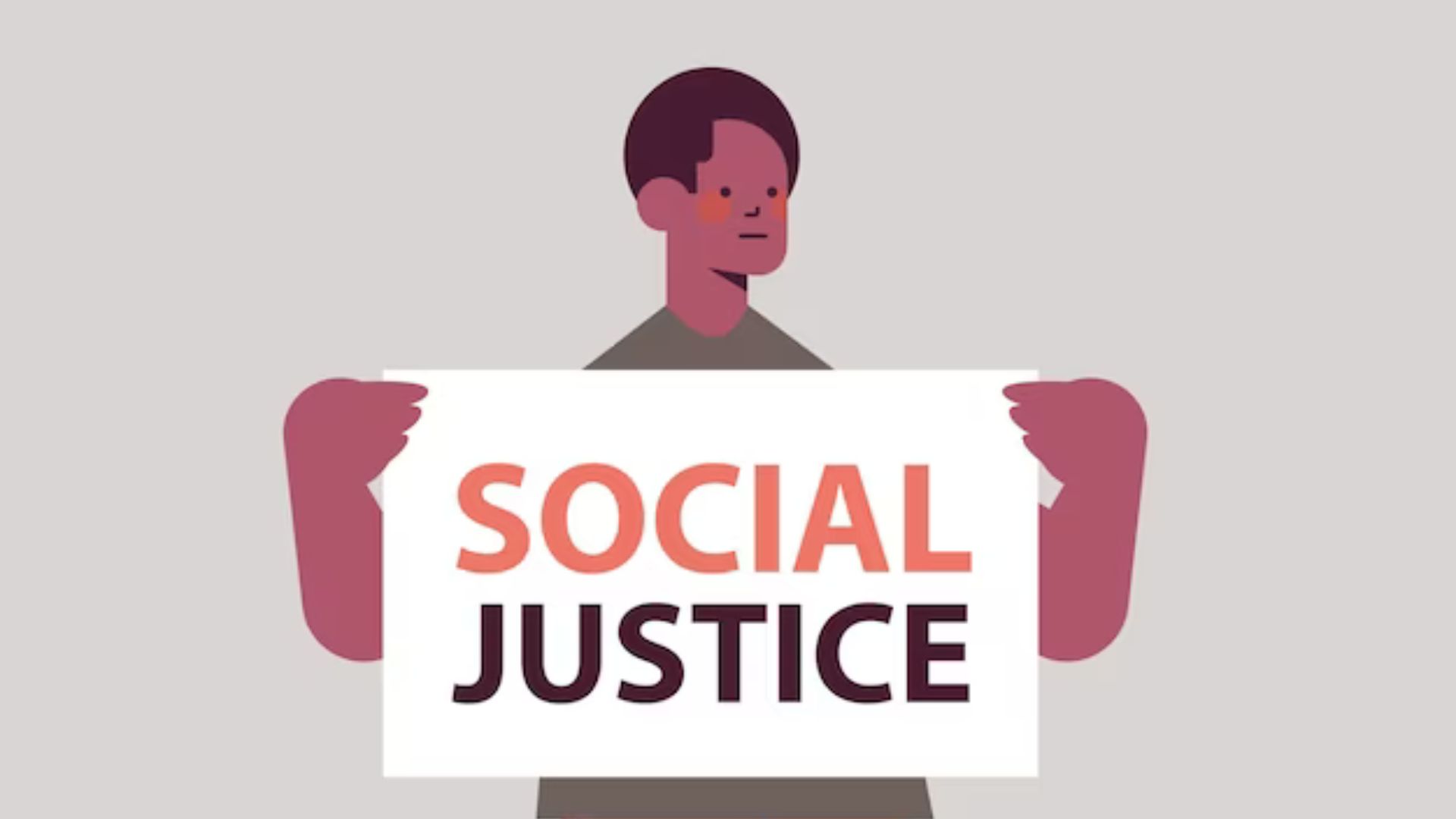|
Getting your Trinity Audio player ready...
|
Combatting human trafficking requires concerted efforts from governments, law enforcement, NGOs, and activists worldwide. Additionally, it needs to address root causes, provide support to survivors, and hold perpetrators accountable for their heinous crimes. Human trafficking, a grave violation of human rights, continues to plague societies worldwide. Additionally, millions of individuals are ensnared in its web of exploitation and abuse. While governmental agencies, law enforcement bodies, and non-profit organizations are pivotal in addressing this scourge, the significance of activism in this fight cannot be overstated. In this in-depth analysis, we embark on an exploration of the crucial role activism plays in combating human trafficking, shedding light on its influence, obstacles, and triumphs in the relentless battle against modern-day slavery.

Understanding Human Trafficking
Human trafficking, often referred to as modern-day slavery, encompasses various forms of exploitation, including forced labour, sex trafficking, and forced marriage. Victims, coerced or deceived, endure unimaginable suffering as they are stripped of their freedom, dignity, and basic human rights. This global epidemic knows no bounds, affecting individuals of all ages, genders, and backgrounds, perpetuating cycles of poverty, trauma, and injustice.
The Power of Activism
At the forefront of the fight against human trafficking, activism catalyzes change, igniting public consciousness and driving policy reforms. Activists, fueled by a passion for justice and human rights, mobilize communities, leverage media platforms, and advocate for legislative measures to combat trafficking networks and support survivors. Their tireless efforts amplify the voices of the marginalized, challenge societal norms, and demand accountability from perpetrators and accomplices.
Key Strategies of Activism in Combatting Human Trafficking
Awareness Campaigns
Activists orchestrate educational campaigns, workshops, and community events to raise awareness about the realities of human trafficking, empowering individuals to recognize the signs of exploitation and take action.
Advocacy Initiatives
Through lobbying efforts and grassroots advocacy, activists engage policymakers, legislators, and law enforcement agencies to enact stronger anti-trafficking laws, enhance victim protections, and improve cross-border cooperation.
Victim Support Services
Activist organizations provide critical support services to trafficking survivors, including access to shelter, medical care, legal assistance, and psychological counselling, aiding in their recovery and reintegration into society.
Community Outreach
Activists cultivate partnerships with local communities, businesses, and faith-based organizations to foster collaborative efforts in preventing trafficking, offering support networks and safe spaces for vulnerable individuals.
Corporate Accountability
Activists hold corporations accountable for their supply chains and business practices. Additionally, they advocate for ethical sourcing, fair labour standards, and transparency to prevent exploitation and trafficking in the global economy.
Challenges and Roadblocks Confronting Activism Against Human Trafficking
Despite its formidable impact, activism in combatting human trafficking encounters formidable challenges:
Resource Constraints
Activist groups often operate on limited budgets and rely heavily on volunteer support, constraining their capacity to sustain long-term advocacy efforts and provide comprehensive services.
Stigma and Discrimination
Trafficking survivors may face social stigma, discrimination, and mistrust, hindering their access to support services and impeding their journey to recovery and justice.
Political Resistance
Some governments may exhibit reluctance or indifference in addressing human trafficking due to political, economic, or cultural considerations, hampering efforts to implement effective anti-trafficking measures.
Trauma and Burnout
Activists engaged in anti-trafficking work are susceptible to burnout, compassion fatigue, and vicarious trauma, necessitating robust self-care practices and organizational support to sustain their resilience and effectiveness.
Successes and Milestones Achieved Through Activism
Despite these formidable challenges, activism has achieved notable successes and milestones in the fight against human trafficking:
Legislative Reforms
Activist-led campaigns have led to the adoption of stronger anti-trafficking legislation and policies in many countries, bolstering protections for victims and imposing harsher penalties on traffickers.
Increased Awareness
Activist initiatives have heightened public awareness about human trafficking, resulting in improved reporting of suspected cases, enhanced victim identification, and greater public support for anti-trafficking initiatives.
Corporate Accountability
Pressure from activists has prompted corporations to adopt ethical business practices, conduct supply chain audits, and implement anti-trafficking measures, reducing the risk of exploitation in global supply chains.
Survivor Empowerment
Activist organizations have empowered trafficking survivors to become advocates and leaders in the anti-trafficking movement. They have also amplified their voices and driven meaningful change in policies and practices.
Conclusion
In conclusion, activism serves as a powerful force in combatting human trafficking, driving awareness, advocacy, and support for survivors. Despite facing significant challenges, activists worldwide continue to mobilize communities and influence policies. Additionally, it empowers individuals in the pursuit of a world free from exploitation and injustice. By harnessing the collective power of activism, we can effectuate meaningful change, and dismantle trafficking networks. We also ensure that all individuals are afforded the dignity, freedom, and rights they deserve. Together, let us stand united in the fight against human trafficking. Let us also affirm our commitment to justice, compassion, and human rights for all.




